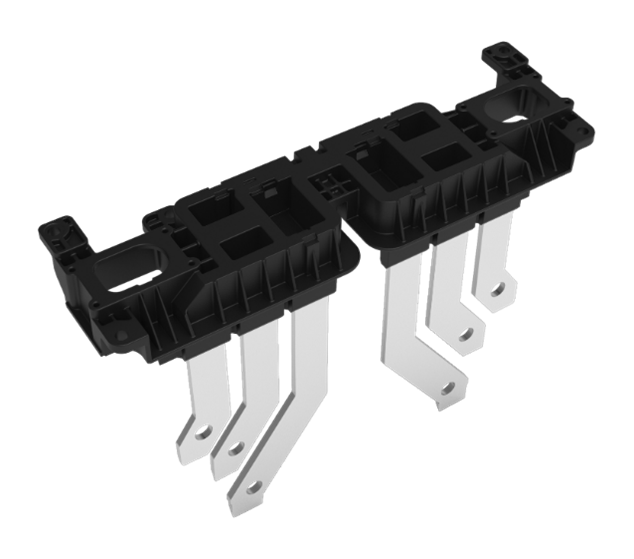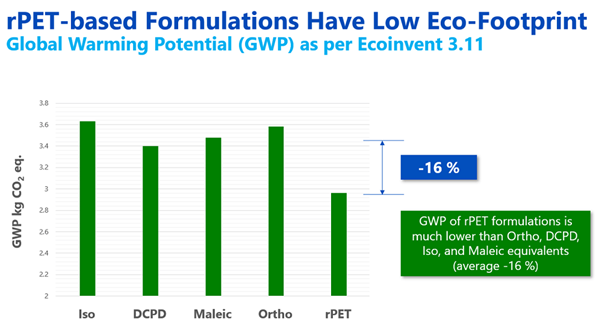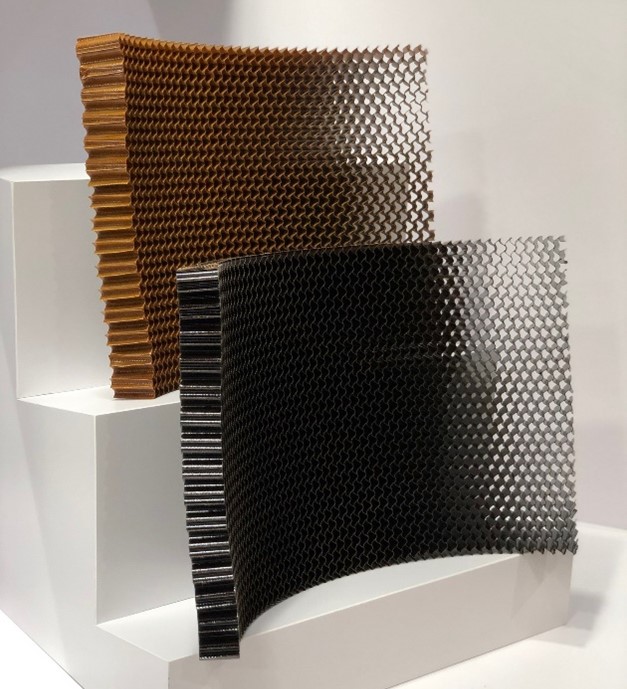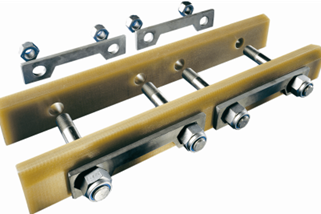IIT-Guwahati develops bamboo-based composites for constructing bunkers, defence shelters
the bamboo composites possess bending strength equivalent to metallic components and are also bullet-proof
Posted On 14 Apr 2025
Press Trust of India (PTI) reports that the researchers at the Indian Institute of Technology (IIT), Guwahati have developed bamboo-based composite materials that can potentially replace conventional wood, iron and other metal components in the construction of bunkers and defence shelters.
According to officials, the bamboo composites possess bending strength equivalent to metallic components and are also bullet-proof. The composites developed by them are also being tested by the Indian Army. Admeca Composites Private Limited, a start-up incubated at IIT-Guwahati, have fabricated bamboo-based composite components at lab scale and tested their mechanical properties.
In a first, the team developed six-feet structural components such as I-section beams and flat panels using bamboo strips and epoxy resin. “Due to their superior strength-to-weight ratio, glass fibre, carbon fibre, and sandwich composites are widely used in aerospace, civil and naval sectors, but pose significant environmental challenges during their production and disposal. “With increasing restrictions on tree cutting and a global push for green alternatives, IIT-Guwahati researchers are exploring bamboo-based composites as a viable substitute,” Poonam Kumari, Professor at IIT-Guwahati told PTI.
Bamboo, known for its rapid growth rate and renewable nature, matures within four to five years, compared to traditional hardwood trees such as Saal or Teak, which take about 30 years. It is lightweight, eco-friendly, locally available, and historically used for furniture, huts, and single-storey cottages.
“While there are over 4,500 research articles evaluating the properties of bamboo composites, their structural and high-load applications remain largely unexplored. Initial tests revealed that these bamboo composites possess bending strength equivalent to metallic components, while being aesthetically appealing and significantly lighter,” she added.
Kumari informed that a sandwich composite block designed using bamboo was also tested successfully for defence applications, including bunker protection. The composite panels demonstrated remarkable resilience under heavy loads (up to 200 kg) and passed bullet-firing tests, indicating their potential for use in military structures.
The research team is now working towards enhancing the robustness and scalability of these bamboo composite panels for commercial use in the construction and defence sectors.
“Our goal is to offer an eco-friendly, high-strength alternative to traditional materials. Bamboo composites not only reduce dependence on wood and metals but also support local economies by utilising locally available, renewable resources,” she added.
Realted Content

BASF launches innovative PPA for electric vehic ...
BASF announced that its newly develop ...
Read More





